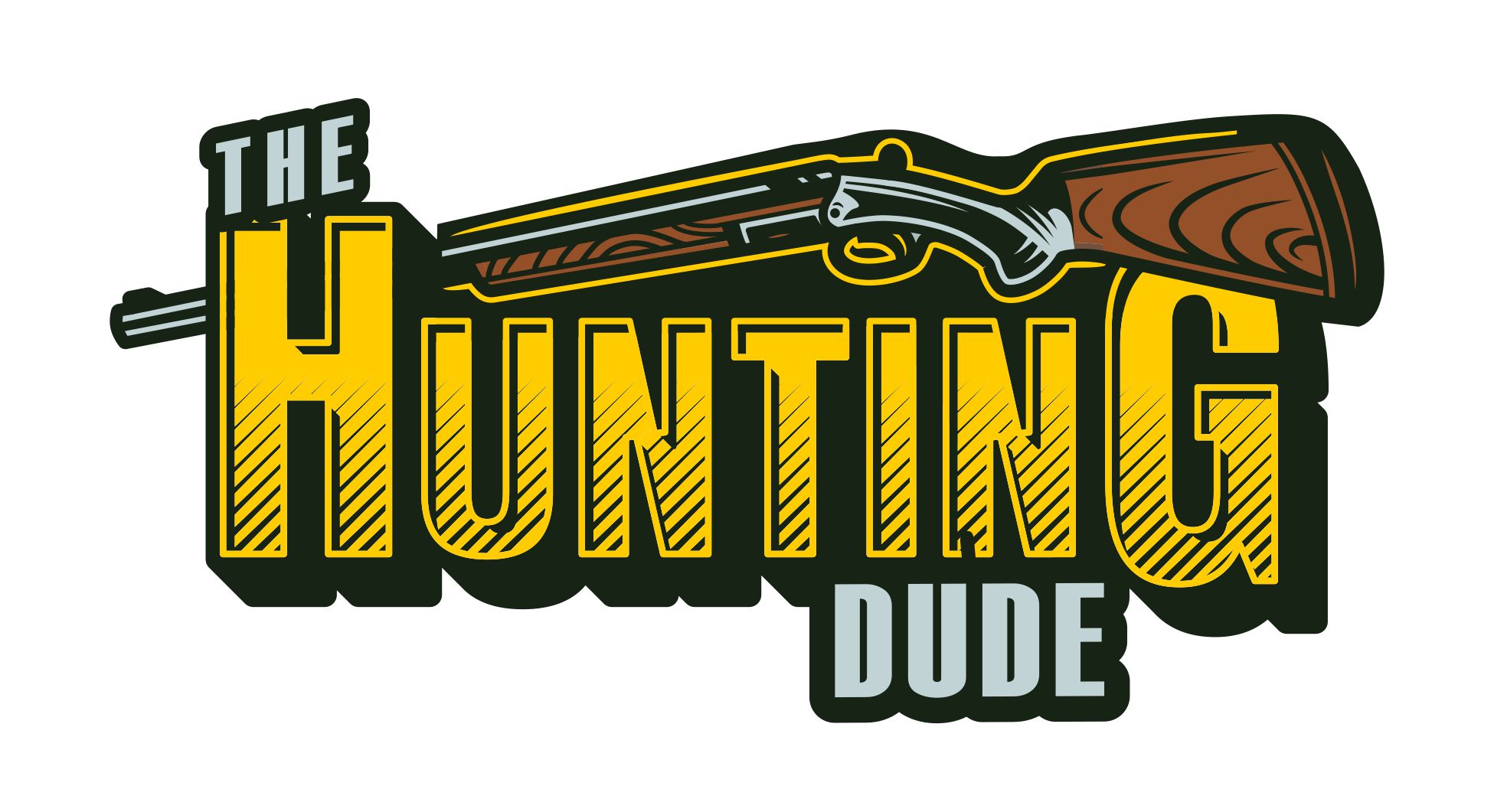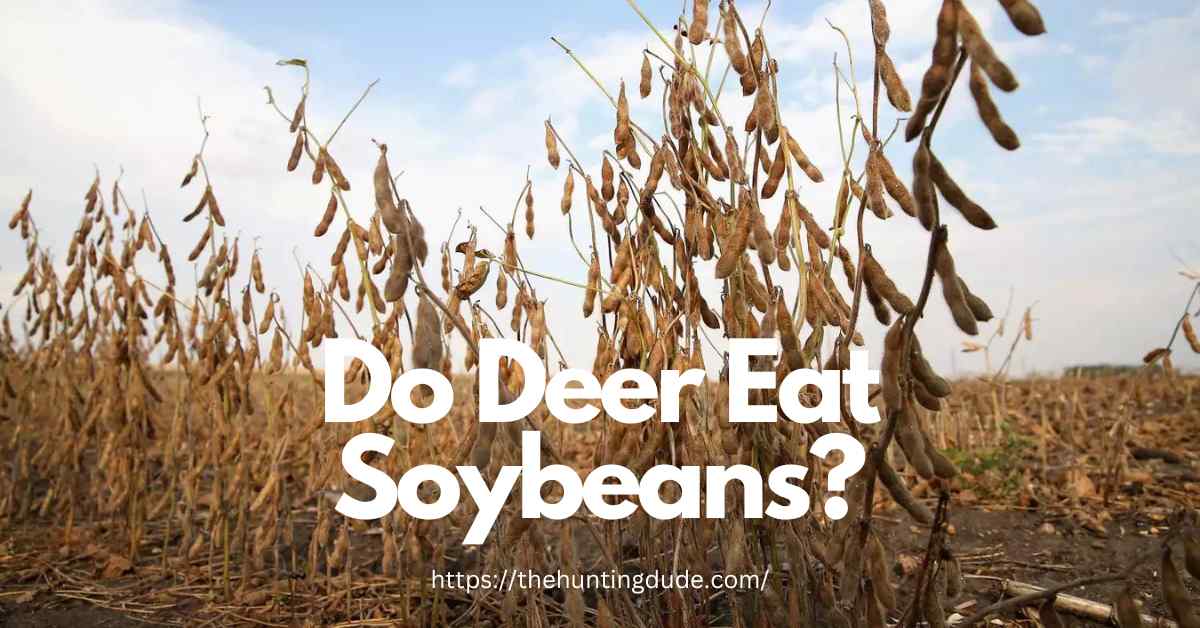Deer are majestic and graceful creatures that are often admired for their beauty and grace. However, they can also be a nuisance to farmers and gardeners who rely on crops as a source of income or food.
One common question that often arises is whether deer consume soybeans. The clear answer to this query is a definite Yes; deer do indeed eat soybeans.
Soybeans are a common food source for deer, especially during the fall and winter months when other vegetation may not be as abundant. Soybeans are high in protein and provide important nutrition for deer as they prepare for the colder months ahead.
Deer are opportunistic feeders, which means they will eat whatever food is available to them. In addition to soybeans, they will also consume a variety of other crops and vegetation, such as corn, clover, alfalfa, and acorns.
Do Deer Eat Soybeans After They Turn Brown?
While green soybeans may be more attractive to deer, they will still consume soybeans even after they turn brown. Brown soybeans are often referred to as “standing beans” because they are left in the field after the harvest is complete.
During the fall and winter, these standing beans can be a significant source of food for deer when they need it the most.
When Do Deer Eat Soybeans?
Deer may eat soybeans at different times of the year, depending on the region and the availability of other food sources. Generally, deer are known to eat soybeans during the late summer, fall, and winter months.
In the late summer, soybeans begin to mature and become more attractive to deer. This is because soybeans become more digestible and sweeter as they mature, making them a more desirable food source for deer.
Additionally, soybean fields often provide cover and shelter for deer during the fall months, making them an even more attractive place to forage.
In the winter, when other food sources are scarce, deer may continue to eat soybeans if they are available. This is especially true in regions where snow cover can limit access to other food sources.
Soybeans provide an important source of nutrition for deer during the winter months, helping them to survive until the spring when other vegetation becomes available.
Roasted Soybeans For Deer
Feeding roasted soybeans to deer can have a number of benefits. For example, it can help improve the condition of the deer’s coat, making it shinier and healthier looking. This is because soybeans contain high levels of fat, which is an important component of healthy skin and fur.
Additionally, roasted soybeans can help deer build and maintain strong muscles, which is important for both breeding and foraging.
A healthy herd is also more resistant to disease and environmental stressors, such as harsh weather conditions, which can help ensure their long-term survival.
One of the most important benefits of feeding roasted soybeans to deer is that it can help improve their overall reproductive success.
Deer requires a high level of nutrition in order to breed successfully and produce healthy offspring. By providing a reliable source of protein and other essential nutrients, roasted soybeans can help ensure that the deer have the resources they need to reproduce and thrive.
To ensure that deer get the most benefit from roasted soybeans, it is important to follow some basic feeding guidelines.
For example, it is important to provide soybeans in small amounts, especially during the summer and fall months when deer are less active. This can help prevent overfeeding, which can lead to weight gain and other health problems.
Conclusion
In conclusion, soybeans are a preferred food for deer. They are attracted to them due to their sweet flavor and green color. Soybeans provide deer with the nutrients they need to prepare for the colder months.
Deer will consume soybeans that have been left after the harvest and turned brown, in addition to this roasted soybean are also very beneficial for deer.
Soybeans are consumed during late summer, fall, and winter due to their availability and shelter provided by soybean fields. So if you are looking to hunt or feed your deer, soybean is the way to go!

